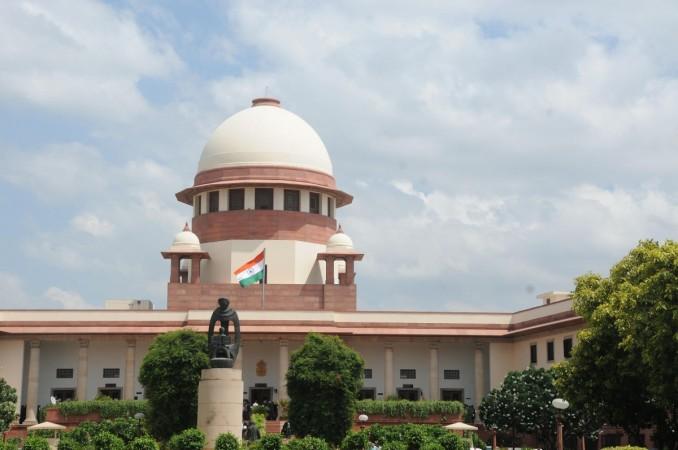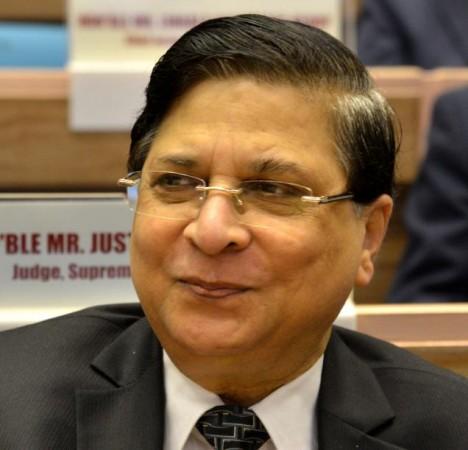
In yet another landmark decision aimed at bringing more transparency in top judicial appointments, the Supreme Court on Friday announced that the recommendations on judicial appointments, transfers and elevations will be disclosed to the public. The details, along with the rationale behind the recommendations, would be made available online and the process in this direction has already been started.
No for noose: SC urges govt to find new modes of execution to replace hanging
The announcement comes a week after a Collegium led by Chief Justice of India Dipak Misra decided to frame norms for appointment and transfer of judges.
What does the Collegium do
Under this 22-year-old court-framed collegium the CJI and two other senior judges of the SC identify suitable candidates.
The shortlisted candidates are then scrutinised by a collegium of five senior-most judges of the apex court headed by CJI before being cleared for appointment.
SC to state reasons too
The apex court also announced that along with information that will be made available in the court's website, they will also indicate the reasons for the transfer and elevation to High Courts and the top court and also why they recommended and rejected a name for judicial appointment.
"The decisions henceforth taken by the Collegium indicating the reasons shall be put on the website of the Supreme Court, when the recommendation(s) is/are sent to the Government of India, with regard to the cases relating to initial elevation to the High Court Bench, confirmation as permanent judge(s) of the High Court, elevation to the post of Chief Justice of High Court, transfer of High Court Chief Justices / Judges and elevation to the Supreme Court, because on each occasion the material which is considered by the Collegium is different," a note titled 'Transparency in Collegium system', said.
Why was the decision taken
The Collegium took this major decision as it has been often criticised by senior lawyers, the Supreme Court Bar Association and the Gujarat High Court for its lack of transparency.
Interestingly, Justice Chelameswar who belongs to the collegium had also criticised the closed-door decisions taken by the body.

In fact, the top court has already posted online detailed reasons for its October 3, 2017 recommendations for judicial appointments to the Madras High Court and the Kerala High Court.
The details of the Collegium have also been made available on the website under the tag "Collegium Resolutions".
However, CJI Misra's decision has been criticised by many members of the judicial community.
















